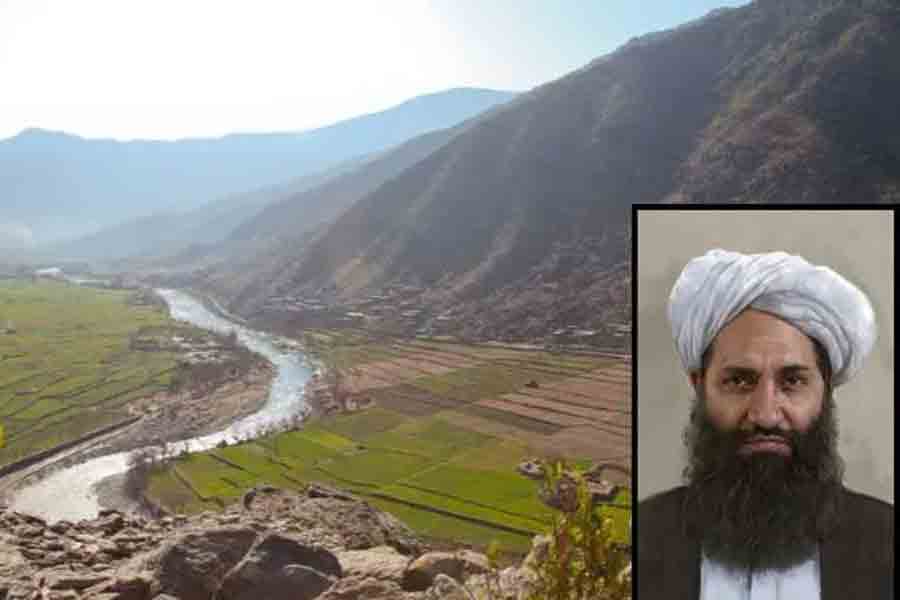Afghanistan plans dam on Kunar River, follows India’s move to restrict Pakistan’s water access

Published :
Updated :

Afghanistan is planning to build a dam on the Kunar River to restrict the flow of water into Pakistan, following India’s example of suspending water sharing under the Indus Waters Treaty earlier this year.
The move comes under the instruction of Taliban Supreme Leader Mawlawi Hibatullah Akhundzada, who has ordered that the dam be built “as soon as possible”, NDTV reported, citing a post on X by Afghanistan’s acting Water Minister Mullah Abdul Latif Mansoor.
In his post, the minister said "Afghans have the right to manage their own water" and that construction would be led by domestic firms rather than foreign.
The decision comes amid renewed tensions along the Durand Line, the disputed 2,600-km border between Afghanistan and Pakistan, after deadly clashes earlier this month.
Islamabad has accused Kabul of sheltering fighters from Tehreek-e-Taliban Pakistan (TTP), prompting retaliatory attacks on both sides before a ceasefire was reached through mediation by Qatar and Turkey.
NDTV noted that Afghanistan’s plan mirrors India’s action after the Apr 22 terror attack in Jammu and Kashmir’s Pahalgam, when New Delhi suspended the 1960 Indus Waters Treaty, halting the flow of Indus basin rivers into Pakistan.
Experts fear that if Afghanistan proceeds with its Kunar River dam, Pakistan could face a “severe water crisis”, especially in its north-western and Punjab provinces that depend heavily on the river for agriculture, drinking water, and power generation.
IMPORTANCE OF KUNAR RIVER
Stretching nearly 500km, the Kunar River originates in Pakistan’s Khyber Pakhtunkhwa province, in the Chitral district of the Hindu Kush mountains.
It flows south into Afghanistan, passing through the Kunar and Nangarhar provinces, before merging with the Kabul River at Jalalabad.
The Kabul River then joins another tributary, the Pech River, before turning eastward into Pakistan, where it flows into the Indus River near Attock in Punjab province.
Known as the Chitral River in Pakistan, the Kunar is one of its key freshwater sources.
Analysts say the river sustains irrigation, hydropower, and drinking water needs in both Khyber Pakhtunkhwa and Punjab.
If Afghanistan stores water upstream by constructing a dam, it could leave Pakistan’s downstream regions facing severe shortages.
While the Indus Waters Treaty governs river sharing between India and Pakistan, there is no such treaty between Pakistan and Afghanistan.
Therefore, Pakistan has no legal mechanism to challenge the Taliban’s plan through international law.


 For all latest news, follow The Financial Express Google News channel.
For all latest news, follow The Financial Express Google News channel.